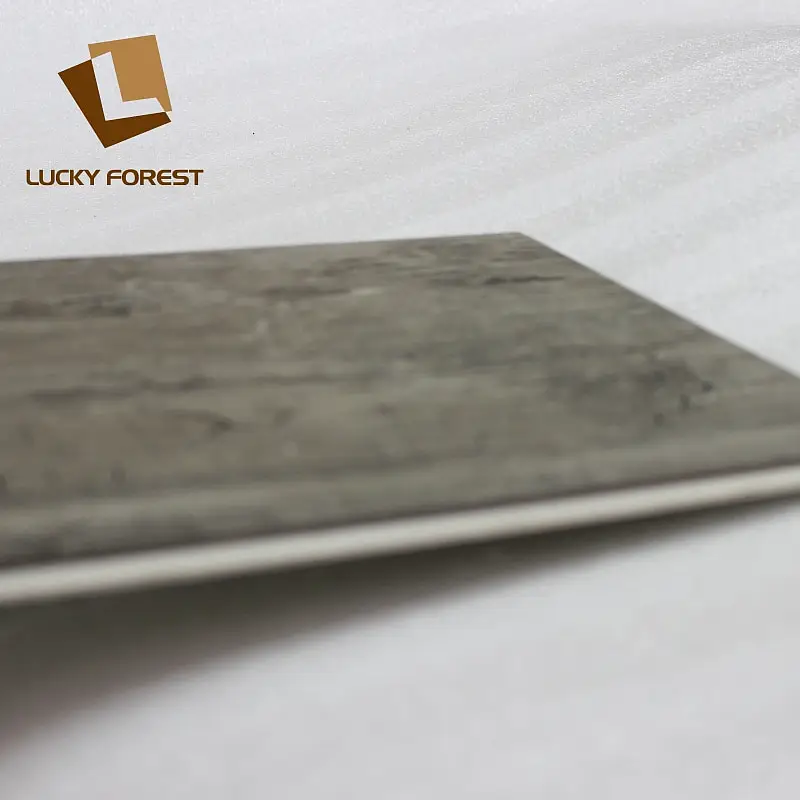SPC flooring, also known as Stone Plastic Composite flooring, is a type of rigid vinyl flooring that is made from a combination of limestone and PVC. SPC flooring is known for its durability, stability, and resistance to moisture and wear.
Here are some key features and benefits of SPC flooring:
Water-resistant: SPC flooring is highly water-resistant, making it a good choice for areas with high moisture, such as bathrooms or kitchens.
Durability: SPC flooring is highly durable, with a wear layer that can withstand heavy foot traffic and resist scratches, dents, and stains.
Easy installation: SPC flooring is easy to install using a click-and-lock system, which can save time and money on installation costs.
Stable: SPC flooring is highly stable, with a rigid core that resists expansion and contraction due to temperature changes or moisture.
Comfortable: SPC flooring is more comfortable to walk on than other types of hard flooring, as the rigid core provides a slight cushioning effect.
Variety of styles: SPC flooring is available in a wide variety of styles, including wood-look, stone-look, and tile-look, which can fit any design style or color scheme.
Low maintenance: SPC flooring is easy to clean and maintain, requiring only regular sweeping or vacuuming and occasional mopping with a damp cloth.
Overall, SPC flooring is a popular choice for its durability, stability, and resistance to moisture and wear. By choosing the right SPC flooring for your specific needs and preferences, you can enjoy the many benefits of this versatile and long-lasting flooring option.
How does SPC flooring compare to other types of vinyl flooring?
SPC flooring is a type of vinyl flooring that is often compared to other types of vinyl flooring, such as Luxury Vinyl Tile (LVT) and WPC (Wood Plastic Composite) flooring.
Here are some key differences between SPC flooring and other types of vinyl flooring:
Composition: SPC flooring is made from a combination of limestone and PVC, while LVT flooring is made of multiple layers of vinyl with a printed design layer, and WPC flooring has a wood-plastic composite core.
Durability: SPC flooring is known for its durability, with a thicker wear layer than LVT flooring and a more rigid core than WPC flooring, making it more resistant to dents, scratches, and other types of wear and tear.
Moisture resistance: SPC flooring is highly resistant to moisture, making it a good choice for areas with high humidity, such as bathrooms or kitchens. spc flooring manufacturers LVT flooring and WPC flooring are also moisture-resistant but may not be as durable in high-moisture areas.
Stability: SPC flooring is more stable than LVT and WPC flooring, with a rigid core that resists expansion and contraction due to temperature changes or moisture.
Installation: SPC flooring is easy to install using a click-and-lock system, similar to LVT flooring and WPC flooring. However, SPC flooring may be more difficult to cut due to its rigid core.
Cost: SPC flooring is generally more affordable than LVT flooring and WPC flooring, making it a good choice for those on a budget.
Overall, SPC flooring is a durable and versatile flooring option that offers many benefits over other types of vinyl flooring. By considering the key differences between SPC flooring and other types of vinyl flooring, you can choose the best option for your specific needs and preferences.

